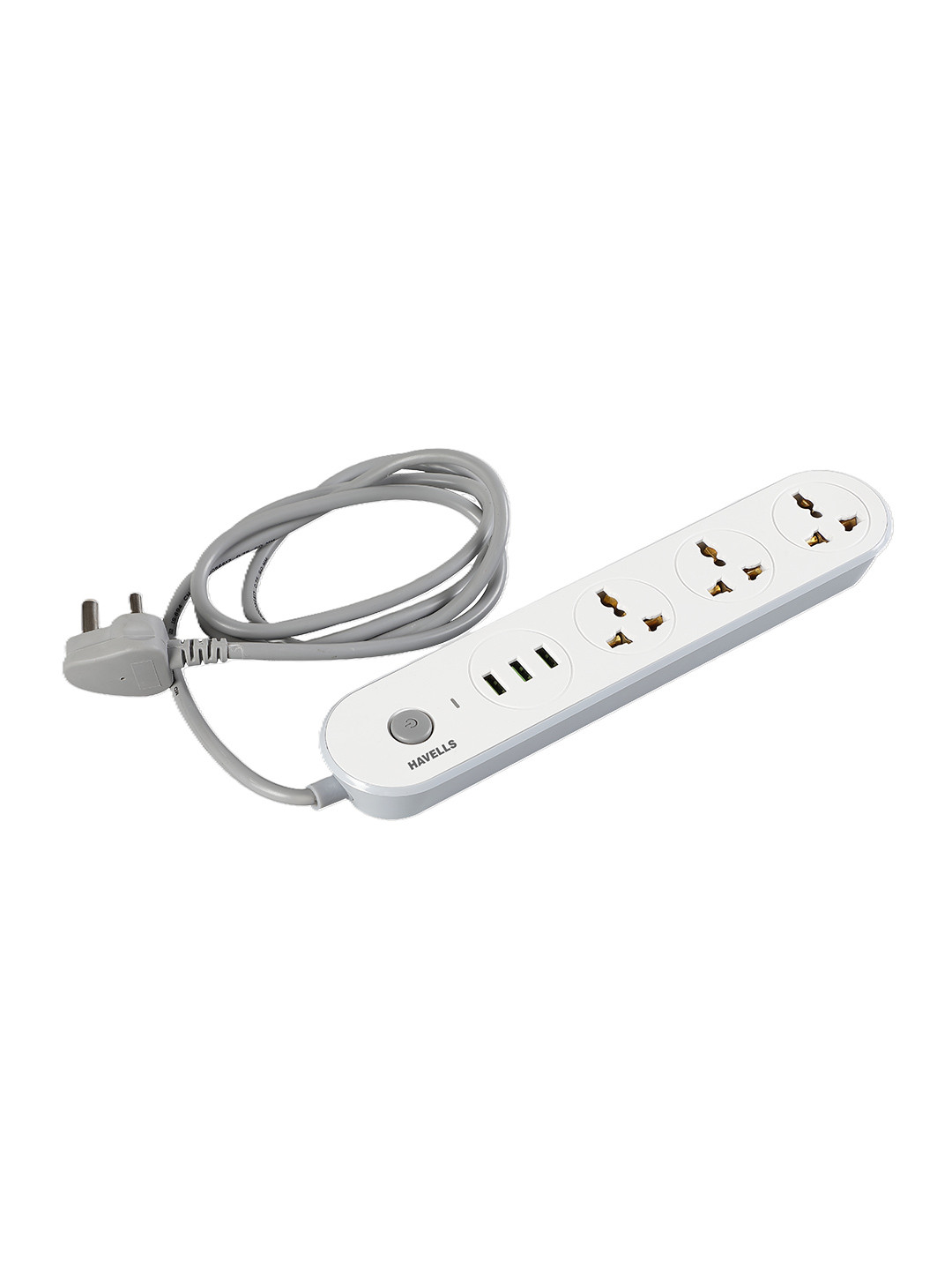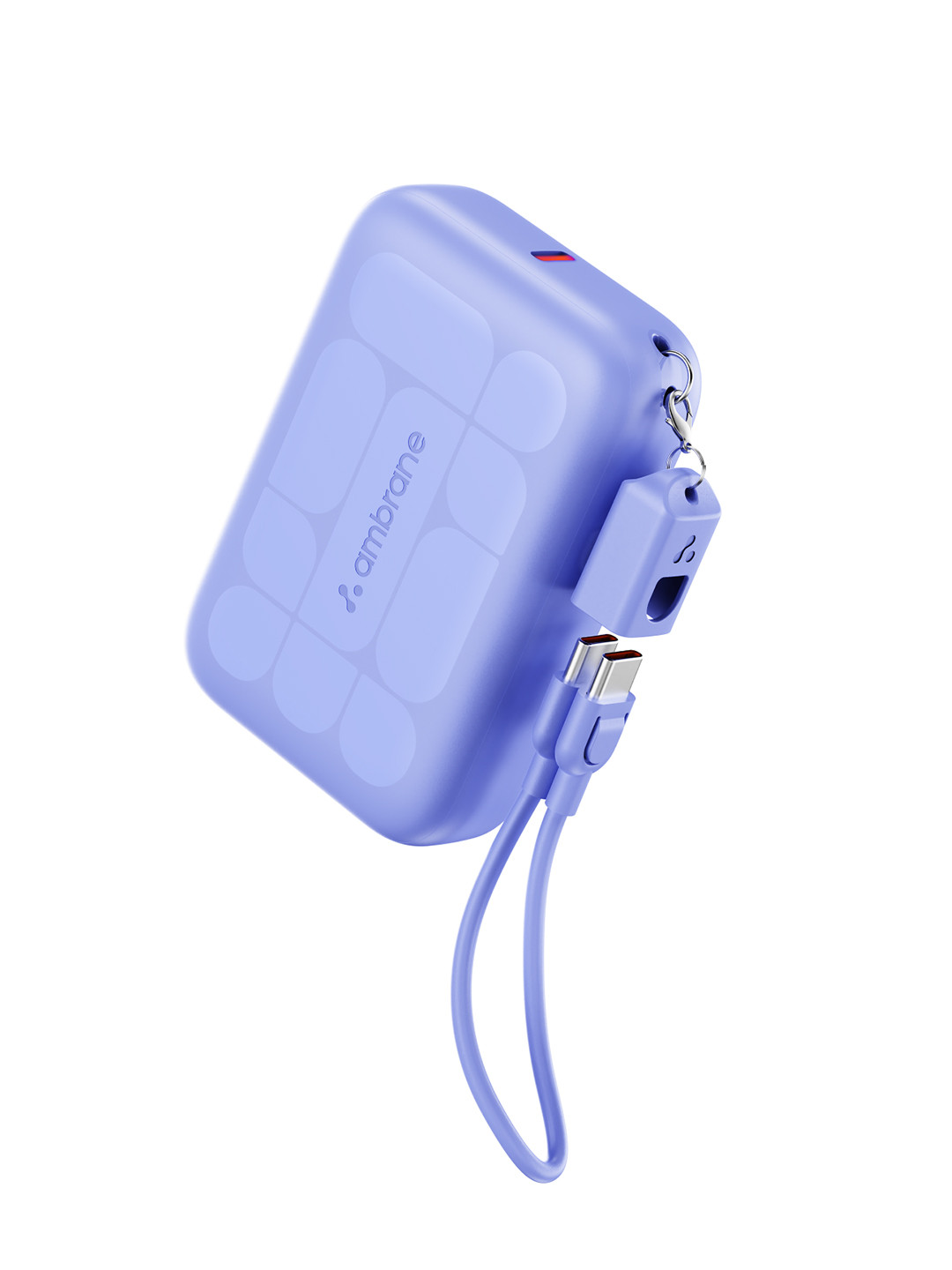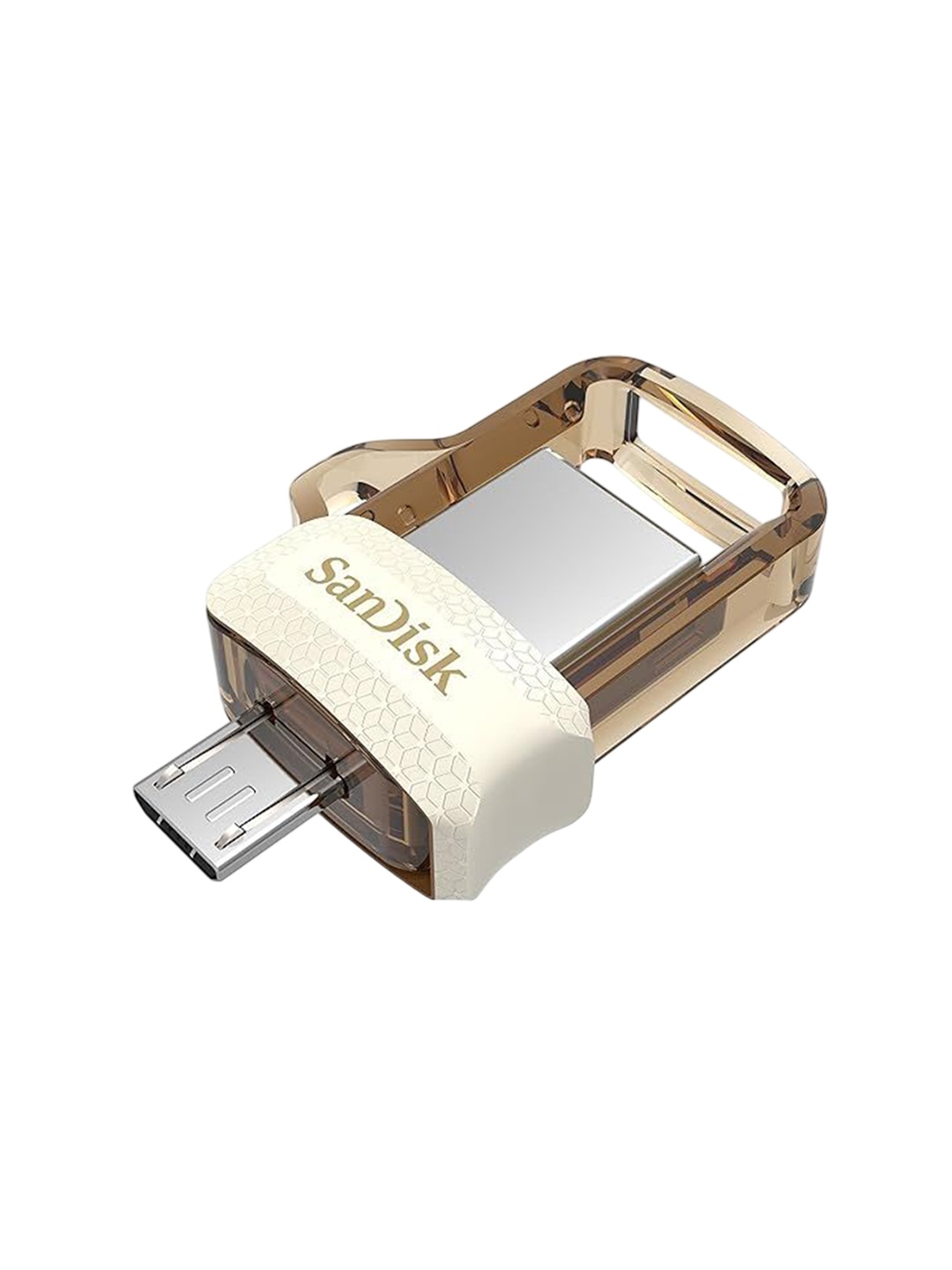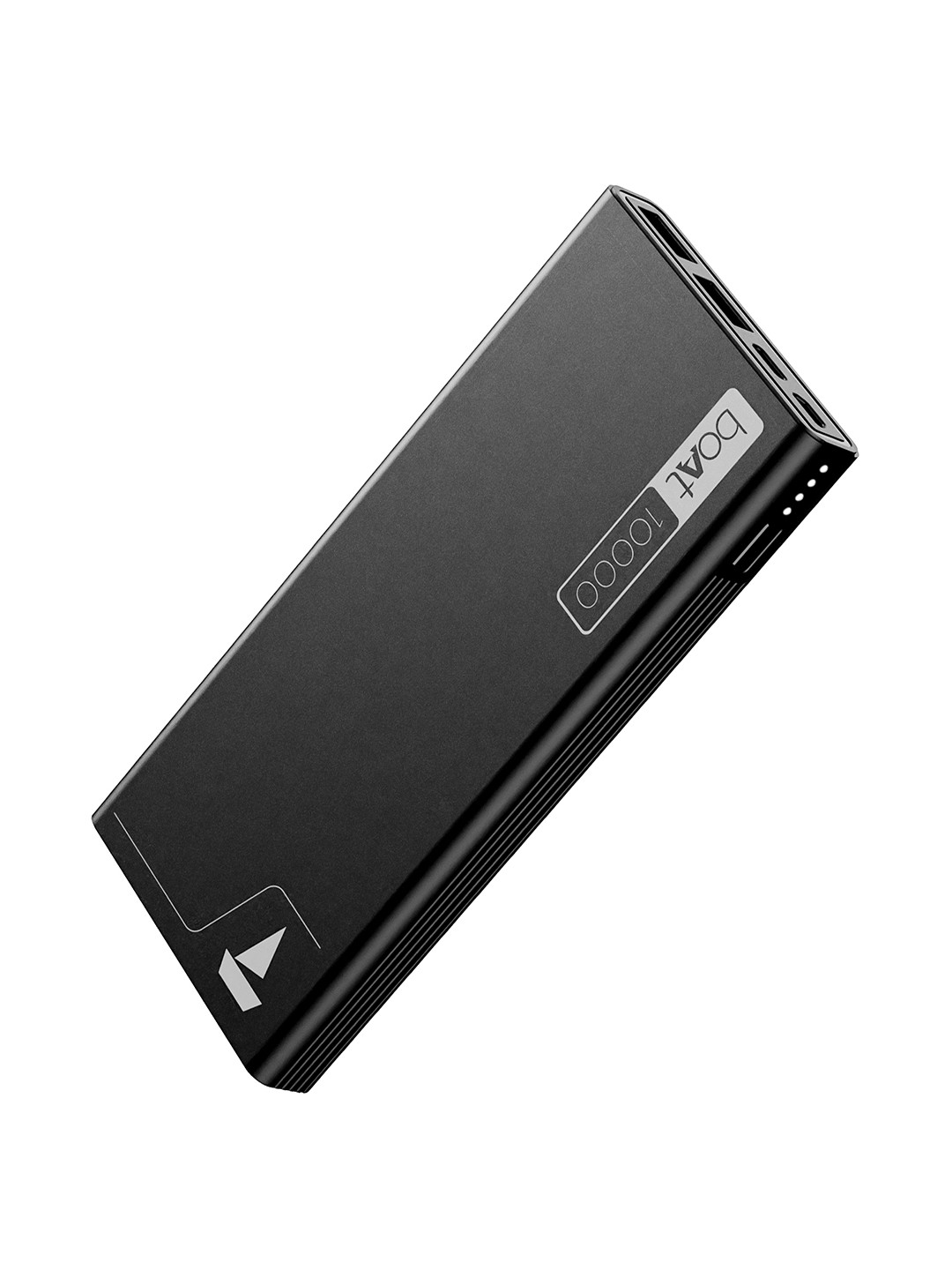Finding Your Perfect Match: The Ultimate Guide To Choosing The Right Laptop
Choosing a laptop can be daunting, with endless options on the market. If you want a reliable device, this guide will walk you through everything you need. Let's break down the essentials and find the laptop that feels just right for you.

Top Deals On Laptops From Flipkart
In today's world, a laptop is no longer just a luxury- it's a necessity. Whether you're juggling work tasks, attending online classes, gaming with friends, or simply streaming your favourite shows, finding the right laptop can make or break your experience. However, with an overwhelming number of choices, it's easy to feel lost among the specs, brands, and jargon.
But fret not! Choosing the right laptop doesn't have to be an impossible task. Think of it like finding a new pair of shoes: It's all about comfort, fit, and style, with a little consideration for what you plan to do in them. This guide is designed to help you make an informed, confident choice when selecting a laptop that ticks all the right boxes for your needs. Let's dive in and start with the basics.
1. What's Your Purpose? Defining Your Laptop Needs
The first question you should ask yourself when picking a laptop is: What am I going to use it for? This will help narrow down your options right from the start. Are you a student in need of something lightweight for note-taking and research? Or are you a graphic designer who needs powerful specs for running design software? Maybe you're a casual user who just wants to browse the web and watch Netflix on the go.
Each type of user will have different priorities. A student or office worker might look for a more budget-friendly model with a long battery life and enough processing power for basic tasks. Meanwhile, a gamer or video editor will need a high-performance laptop with top-notch graphics and a fast processor. Before browsing the endless options, be clear on your primary use case to help focus your search.
2. Operating System: Windows, macOS, or Chrome OS?
Choosing between operating systems (OS) is one of the most important decisions you'll face when picking a laptop. Windows, macOS, and Chrome OS each come with their unique pros and cons. Windows is versatile, with a wide variety of laptop models and software compatibility, making it an excellent choice for most people. If you're already familiar with Windows, it can feel like second nature.
On the other hand, macOS, found only on Apple laptops, is renowned for its sleek design, user-friendly interface, and security features. It's perfect for creative professionals or those invested in the Apple ecosystem. Chrome OS, which runs on Chromebooks, is a simple, web-based system designed for users who mainly use their laptop for online browsing, email, and basic applications.
The key here is matching the OS to your comfort zone and how you intend to use your laptop. Whether you need a robust, multi-functional system or a minimalist interface, the OS will heavily influence your choice.
3. Processor Power: How Much Do You Really Need?
The processor is like the brain of your laptop—so it's essential to choose one that suits your needs without going overboard. If you're planning on using your laptop for basic tasks like browsing the web, checking emails, and working on documents, a basic processor (like an Intel Core i3 or AMD Ryzen 3) will do the trick.
However, if you plan on running resource-heavy software, such as graphic design programs or video editing tools, you'll want something more powerful, like an Intel Core i7 or i9, or AMD Ryzen 7 or 9. These processors offer faster speeds and more cores, making multitasking and running demanding programs a breeze.
The balance here is key. While it's tempting to go for the highest-end processor, if you're not using demanding programs, you'll likely be paying for more power than you need. Aim for a processor that matches your usage without overspending.
4. RAM: How Much Memory Do You Need?
RAM (Random Access Memory) is another crucial spec when it comes to laptop performance. It's responsible for allowing your laptop to multitask efficiently, so having enough of it is vital if you plan on running several apps at once. For basic use, 4GB to 8GB of RAM should be sufficient. This amount allows you to switch between applications without noticeable lag.
However, if you're a heavy multitasker, a gamer, or a content creator, you'll want a laptop with at least 16GB of RAM. For extremely demanding tasks, 32GB or even 64GB of RAM may be necessary. But for most users, 8GB to 16GB strikes the sweet spot between performance and value. It's also worth noting that some laptops allow you to upgrade the RAM later if you feel you need more power down the line.
5. Storage: SSD vs. HDD
When it comes to storage, you'll have two main options: Solid State Drives (SSD) and Hard Disk Drives (HDD). SSDs are the future of laptop storage, offering blazing-fast speeds for booting up your laptop, loading files, and running programs. They're also more durable, as they have no moving parts, making them ideal for users on the go.
On the other hand, HDDs are typically cheaper and provide more storage space for the price. If you're storing massive amounts of data, such as videos, photos, or a large library of games, an HDD might be the better choice. However, they're slower, bulkier, and less reliable compared to SSDs.
For most users, a laptop with an SSD is the better choice, as it offers faster performance, better longevity, and an overall smoother experience. If you need more storage, consider combining an SSD for your operating system and applications with an HDD for your files.
6. Display: Size Resolution And Quality
The display is where you'll spend most of your time, so it's crucial to choose one that suits your viewing preferences. Laptops typically come in sizes ranging from 11 to 17 inches, with the 13-15 inch range being the most popular. Smaller screens are more portable but might feel cramped for tasks like editing or gaming. Larger screens offer better visibility and are ideal for multitasking, but they can be bulky.
Resolution is another important factor. Full HD (1920x1080) is the standard, providing crisp images for most tasks. If you're into design, video editing, or simply want sharper visuals, look for a laptop with a higher resolution, such as 4K (3840x2160). You'll also want to consider the display's brightness and colour accuracy, especially if you plan to use your laptop for creative work.
7. Battery Life: Staying Powered On The Go
Let's face it: there's nothing more frustrating than running out of battery in the middle of a task, especially if you're on the move. Battery life is crucial, particularly for students or professionals who need to rely on their laptops throughout the day without being tethered to an outlet.
Generally speaking, laptops offer anywhere from 4 to 12 hours of battery life, with some high-end ultrabooks reaching up to 18 hours on a single charge. If you're someone who needs to work or study during long commutes or flights, a laptop with long battery life will be your best friend.
When considering battery life, make sure to check reviews and real-world tests. Manufacturers tend to advertise ideal battery life, but actual performance can vary depending on your usage.
8. Budget: Finding The Right Price Point
Last but not least, your budget will play a big role in determining which laptop is right for you. Laptops come in a wide price range, from budget-friendly models under £300 to premium laptops that can cost upwards of £2,000. The key here is to find a balance between your needs and your budget.
For basic tasks, you can get a solid laptop for under £500. Mid-range laptops for students or professionals will typically cost between £600 and £1,000. High-end models for gamers or creative professionals will likely cost over £1,500. Before making a decision, consider how much you're willing to spend and ensure that the laptop offers the features you need for that price.
Products Related To This Article
1. Thomson NEO Core Series Intel Core i5 12th Gen 1235U
2. ZEBRONICS Pro Series Z Intel Core i5 12th Gen 1235U
3. Avita E Series Intel Core i5 12th Gen 1235U
4. Lenovo V14 Intel Core i5 11th Gen 1135G7
5. Acer Intel Core i5 11th Gen
6. MSI Modern 14 Intel Core i5 12th Gen 1235U
7. Acer Aspire 3 Intel Core i5 11th Gen 1135G7
8. ASUS VivoBook 15 Intel Core i5 11th Gen 1135G7
9. ASUS Vivobook 15 Intel Core i5 12th Gen 1235U
10. HP 14 Intel Core i5 10th Gen 10210U
Finding the perfect laptop is about matching the right specs to your needs, budget, and lifestyle. Whether you're after a sleek ultrabook, a powerhouse gaming laptop, or a reliable workhorse for everyday tasks, there's something out there for everyone. By carefully considering factors like your intended use, preferred operating system, processor power, and display quality, you can make a choice that's not only practical but also enjoyable. Ultimately, the best laptop is the one that feels like it was made for you, fitting seamlessly into your routine and helping you achieve your goals. With this guide, you're one step closer to finding your perfect match.
Disclaimer: The images used in this article are for illustration purpose only. They may not be an exact representation of the products, categories and brands listed in this article.





























